The New York Phil violin audition Challenge
This Challenge ran during the summer of 2015, but you can follow it right now at your own pace, for any audition!
To get the most out of the challenge, you’ll want the original “source material”, which was the audition packet that the New York Phil sent to candidates in 2015. You can download it by entering your info below:
And now for the original text of the Challenge:
On November 12, 2015, the New York Philharmonic will hold the final round of auditions for its four violin openings. Those violinists competing there that day will be among the most accomplished in the world. They will have gone through a grueling preparation process in order to ensure that they play their best when it counts: on stage at Avery Fisher Hall.
In order to survive the ordeal, they must be in the best playing shape of their lives, peaking at the right moment, just as Olympic athletes must plan for years in order to perform on one special day.
Have you ever wondered what this preparation looks like? What it feels like? It can be all-consuming, but it’s exhilarating as well. There’s no better feeling than looking back over months of work, flexing your violin muscles, and enjoying the best playing of your life. And each time you go through the process, the “challenge”, your work builds on the challenges that you’ve accomplished before.
Everyone knows that you have to practice to win a spot in an orchestra like the New York Phil. But the whole process is typically cloaked in mystery. You only find out about an orchestral opening if you read the union paper, the International Musician. The audition material is kept under wraps until a couple of months before the audition. Only those who send in a professional resume get access to it. Even the exact dates of the audition may not be widely known.
But this time, the New York Phil has taken the extraordinary step of making all of this information public. It’s right there in an “audition packet”! This packet gives you not only the relevant dates (deadlines, prelims, semis, finals) but outlines the process and even gives you a copy of all the audition material. If you missed the download, see the note above this article.
You may not feel like an elite violinist. In fact, you may know that you’ll never audition for the New York Philharmonic. But wouldn’t you like to challenge yourself with the same process that the elites go through, just this once? When preliminary auditions begin on October 26, you could stand along with them, knowing that you were in the best shape of your life, ready to play all the audition material that the New York Phil demands.
But how will you get there? Just what is the challenge that the elites put themselves through in order to stand on that stage? I will show you, because I’ve been through it many times. I’ve taken big auditions and I’ve also judged them.
New York’s preliminary auditions begin on Monday, October 26, and we’ll call that week ZERO. Counting backward to July 20, we have 14 weeks. Just over three months. That’s the ideal time to spend preparing for an audition. You get to shore up technical weaknesses before stepping into the fire. You get to go through all the material in detail, then set it aside to mature. You rotate your hard work, much as farmers rotate their crops to avoid taxing the land. Then, you give everything a second look before building the endurance necessary to get through it all in one go. You taper at the end so that weeks 1 and ZERO are as enjoyable as they can be. And you walk out relaxed and confident that nothing can shake you.
My challenge to you is this: register for the New York Phil Audition Challenge and start earning points. Each week here at natesviolin.com we’ll take a detailed look at one of the audition selections: six orchestral excerpts and one Mozart concerto movement in all. If you post a YouTube video of yourself playing the selection, you’ll earn points. I’ll select my favorite video from the week and that person earns bonus points. Over the 14 weeks we’ll have a chance to take a second look at each selection, and I’ll not only award the normal points for posting and favorites, but more bonus points for most improved! The last video you post will be a single take of all the material straight through. And in the end I’ll hand out bonus points for those who completed every step of the Challenge.
And don’t worry if you’re joining late! I’ve won auditions on less than three months’ preparation, so it can certainly be done. Just join in and hit the ground running.
And now, on to our first week: Week 14!
Comment section
20 thoughts on “The New York Phil violin audition Challenge”
Leave a Reply

Scales: The Road
to Repertoire
Even if you’ve never played a scale before, violinist Nathan Cole of the Los Angeles Philharmonic will guide you through scale routines that meet you where you are, and build progressively alongside your playing.

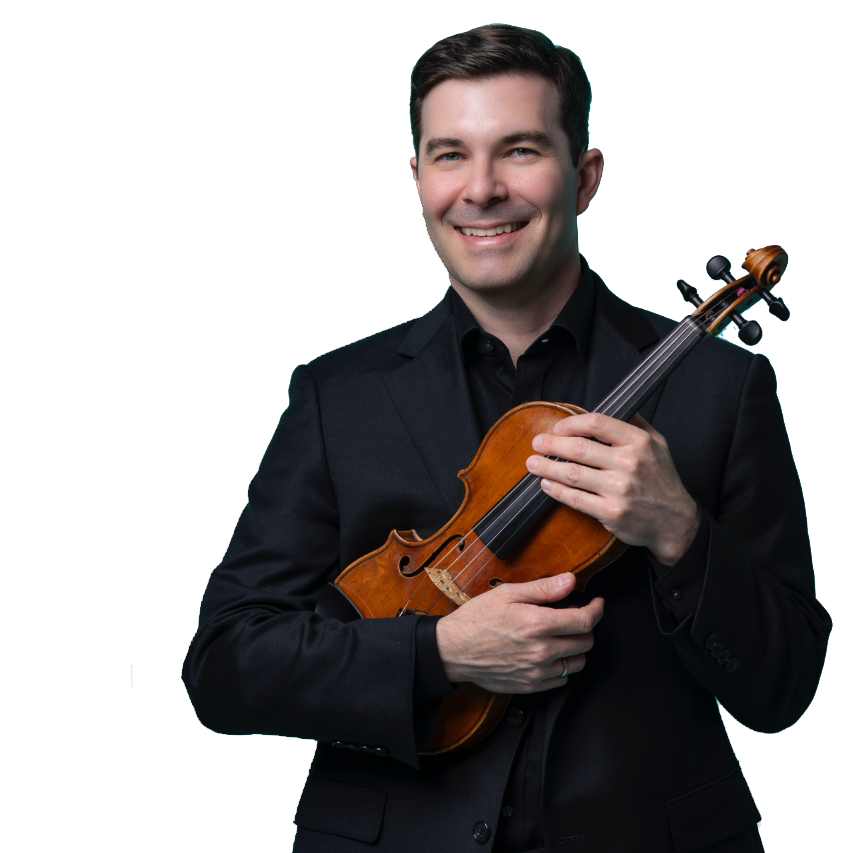

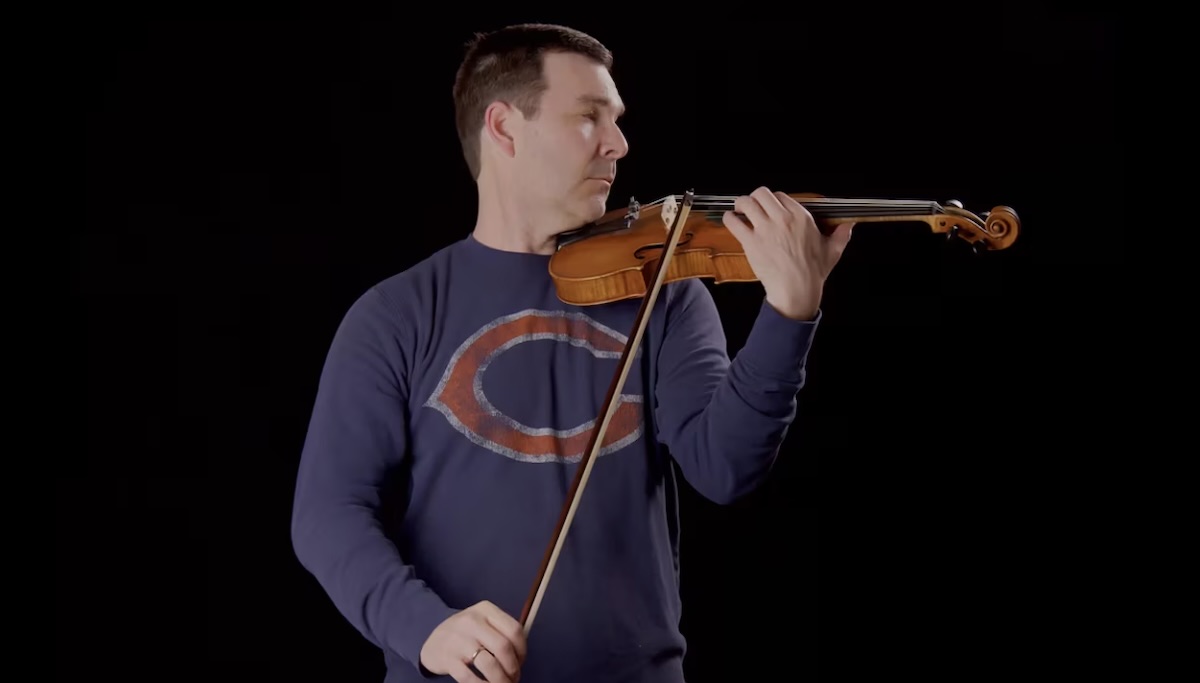
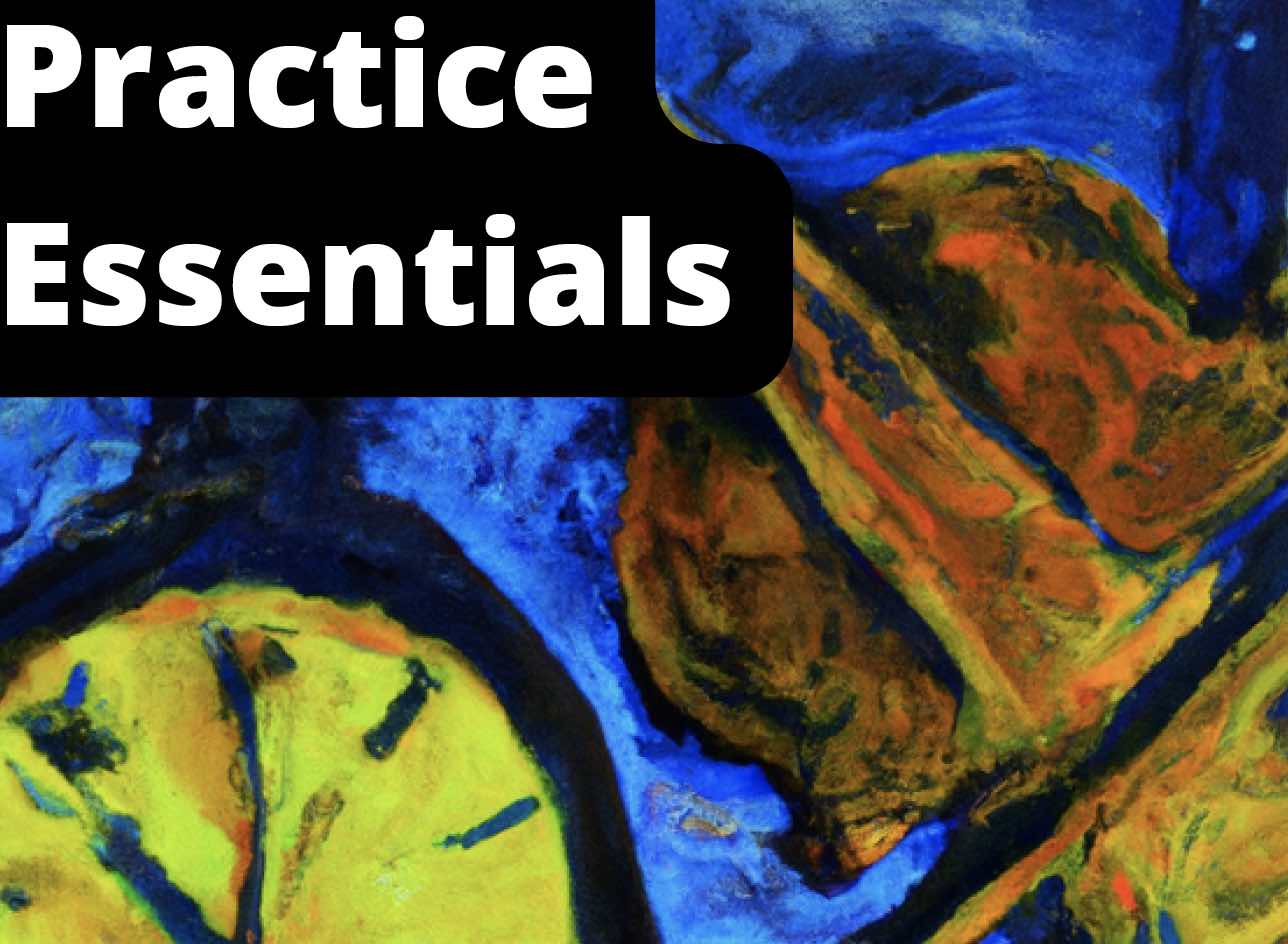

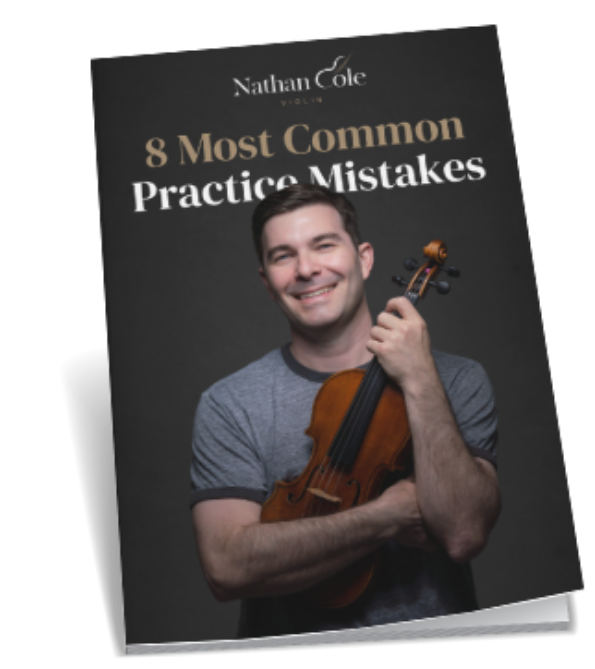
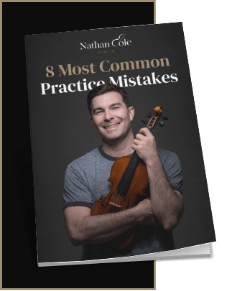
Nathan,
I enjoyed your story about joining
the Chicago Symphony.
I have been playing here in Los Angeles full time since 1986.
10,000 gigs and a great training ground.
I remember hearing Pinchas Zucherman
play the Elgar Concerto and play Viola also on a Friday afternoon with the Philadelphia Orchestra and Ashkenazy conducting.
He’s not Heifetz but I also enjoyed how relaxed he is while playing.
Michael McGuffey
Curtis 1985
USC 1988
Thanks for writing! Yes, Zukerman’s Elgar was a revelation for me… nice to hear from another Curtis guy!
I am a Brazilian Violinist Player of Symphonic Orchestra of Theatro Municipal de São Paulo.
And I am looking for An opportunity tô work for this prestigious Orchestra.
Best Regards.
Hi Rafael! Are you looking at taking auditions in the future?
Hi Nathan!
Do you think 8 weeks is adequate time for an orchestral audition? I have the excerpts already, just wondering if 8 weeks is enough time. Also, do you have any programs running currently for audition prep? All the best to you!
Thanks,
Anjoli
I think that 8 weeks can certainly be enough time, especially if you’re starting in good shape. That time would be used to gain comfort in performing the excerpts on the list in all different circumstances, and testing yourself in front of people.
I have a program in mind that will encompass not only audition preparation but getting and staying in shape so that you’re ready when these opportunities come up! I’ll have more to say about that in the coming weeks, so as long as you’re getting my emails or checking in on the site you’ll know about it!
Interesting. 8 weeks for section audition..In my country for a concert master audition they advertise only 3 weeks in advance. East European country, a former communist country.
Interesting! I know that many times in Europe, there is less emphasis on a list of excerpts and more on the concerti. So it may be that the expectation is that someone would always have their concerti ready.
We had 48 hours notice for MSO in Australia. I was totally shagged out from my job in the opera and ballet orchestra at 10 calls at week I’d been doing 6 days a week for the last 18 months. But it was a great opportunity. I picked up the excerpts. Chucked a hunk of meat in the oven and got bread coffee and tea and practiced my ass off. I came out of the audition feeling terrible about my playing. Nailed it and got the job. Scales. That’s what did it.
Sounds like you were constantly in good shape and tipped the “scales” so to speak with some work on the basics!
This is a fun challenge. Always good to have something to work toward.
I may be late in the game…but might take on the challenge anyway and challenge a couple students as well.
Perfect, that’s what it’s there for!
Can I participate in this challenge?
I would love to do it.
Of course, this is a go-at-your-own-pace challenge that anyone can start at any time. The timeline I give reflects how I ran the challenge back in 2015.
would someone explain why an orchestra conductor gets to audition from the podium, where he or she has spent a lot of time and is most comfortable, while the musicians must play solos and orchestra excerpts on stage before an empty auditorium and judges hiding behind curtains.
Certainly the musician is most comfortable when playing with the orchestra and there are ways to isolate and judge his performance while doing so. I would be happy to explain how this can be done (avoiding gender bias) to anyone who would like to know.
I too would be happy to judge applicants by how they actually play in the group… but the more of this you do, the fewer people you get to audition overall. So less access to the opportunity. But a nice hybrid is what they do in Europe often, particularly the UK. They’ll narrow it down to a few finalists, and give each of them several weeks with the orchestra. The downside is that it drags out the process, sometimes over years, while various finalists line up their availability and clear other engagements. So there’s no perfect solution!
Remote recording of orchestra auditionees while playing in the group.
i would love you to judge applicants in this manner and see that it would not result in any fewer applicants being judged
Audtioning using a contact microphone on the player]s instrument while playing in the orchestra, feeding his performance to a high quality remote reorder in the next room.
I believe that the high quality of today’s equipment is sufficient to do the job.
It would certainly be an interesting way to run an audition, though hard to handle many candidates in a single day! But an accurate representation of on-the-job performance.
I filled out the information above, but I can not find an email to get the packet. I tried twice and even looked in spam. I would like the packet. Thank you.
Hi Ray, and thank you for your alert about this! I believe I’ve fixed the issue now. Thanks for your patience!